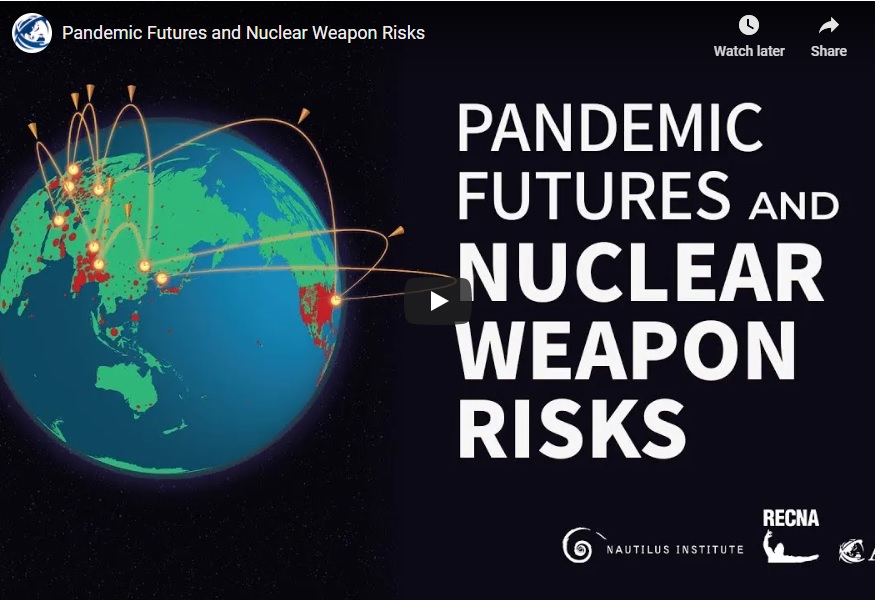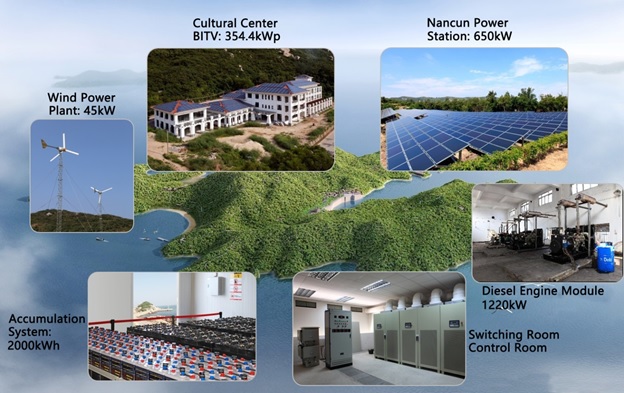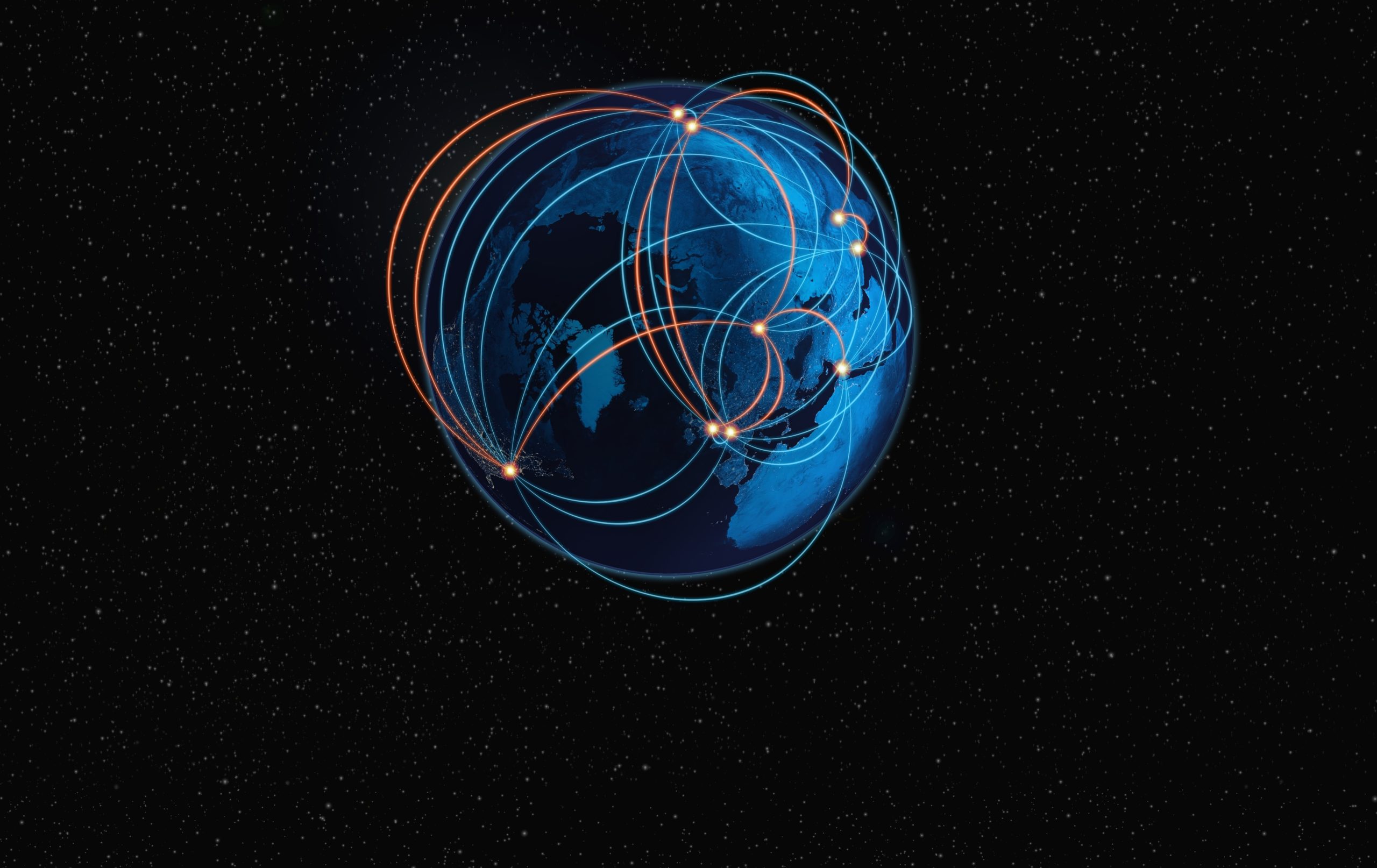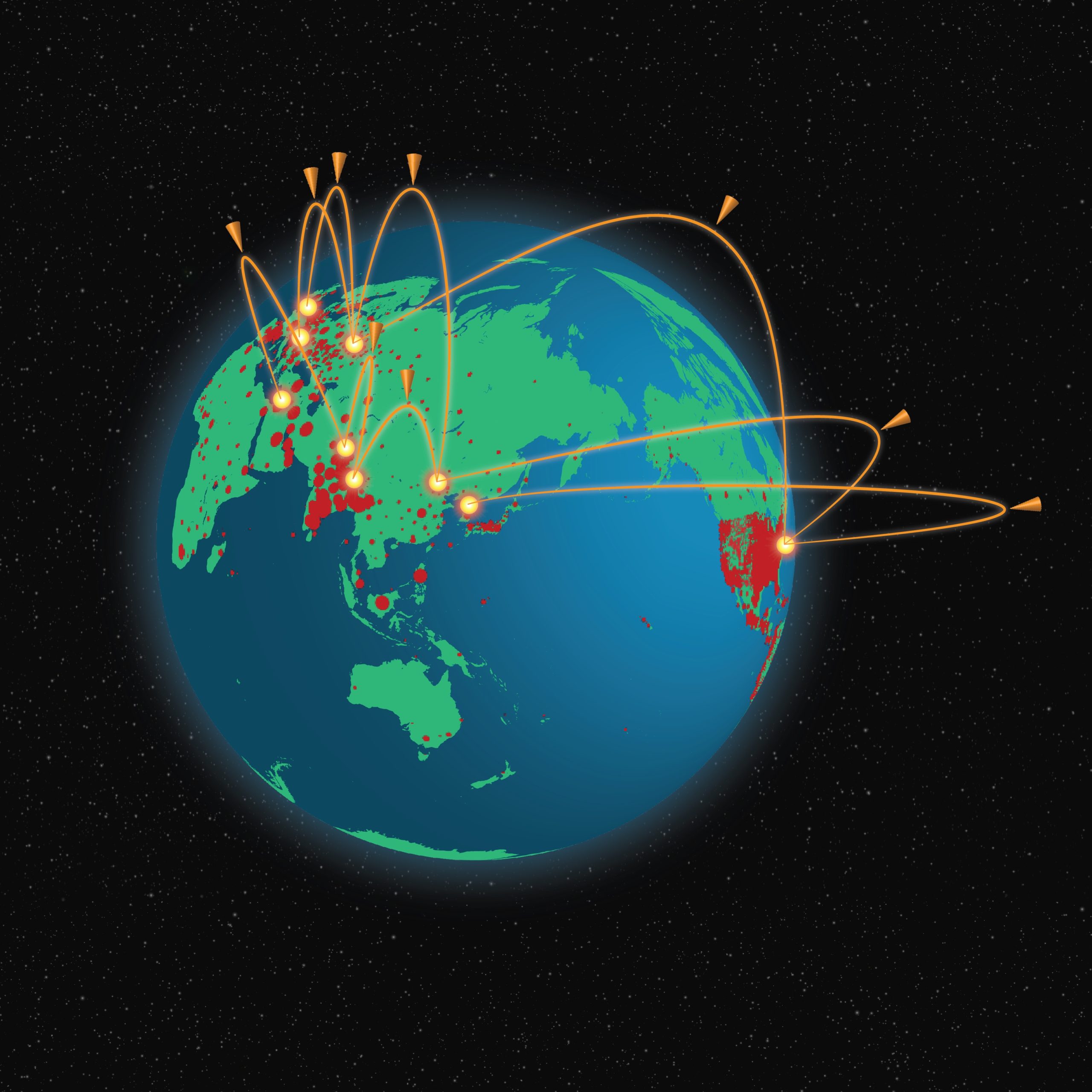Special Reports are longer, often more technical, documents consisting of entire articles, government statements, and other documents relevant to security and peace in Northeast Asia.
THE DPRK’S COVID-19 OUTBREAK AND ITS RESPONSE

SHIN YOUNG-JEON MARCH 3, 2021 I. INTRODUCTION In this essay, Shin Yeong-jeon notes that both the DPRK and the United States say “No Problem” when it comes to the Covid-19 pandemic in the DPRK: “The DPRK is voicing “No Problem” despite the economic sanctions of the United States and the United Nations. The […]
Go to the articleLET NAGASAKI BE THE LAST! 19 PANDEMIC-NUCLEAR NEXUS POLICY MEASURES IN NORTHEAST ASIA

PANEL ON PEACE AND SECURITY OF NORTHEAST ASIA (PSNA) JANUARY 30 2021 The COVID-19 pandemic exposed the failur…
Go to the articlePANDEMIC FUTURES and NUCLEAR WEAPON RISKS

THE NAGASAKI 75TH ANNIVERSARY PANDEMIC-NUCLEAR NEXUS SCENARIOS RECNA-NAGASAKI UNIVERSITY, ASIA-PACIFIC LEADERSHIP NETWORK, NAUTILUS INSTITUTE DECEMBER 17 2020 I. INTRODUCTION This report declares: “Leaders today must take urgent action to mitigate the rising threat of nuclear war in the era of pandemics reflecting the voice of Nagasaki, Let Nagasaki be the Last!” The report provides […]
Go to the articleHOPE BECOMES LAW: THE TREATY ON THE PROHIBITION OF NUCLEAR WEAPONS IN THE ASIA PACIFIC REGION

RICHARD TANTER DECEMBER 12, 2020 I. INTRODUCTION In this essay, Richard Tanter suggests that an extensive regional dialogue on the legitimacy and utility of nuclear weapons is needed to institutionalize and make effective The Treaty on the Prohibition of Nuclear Weapons. The essay may be downloaded in PDF format here Richard Tanter is a Senior Research Associate […]
Go to the articleMICROGRIDS FOR ELECTRICITY GENERATION IN CHINA

YANG DECHANG DECEMBER 2, 2020 I. INTRODUCTION In this Special Report, Yang Dechang summarizes current research on and deployment of microgrids in China, including an overview of the history of microgrids in China, two examples of microgrid projects currently operating in China (Dongao Island and Sino Singapore Tianjin Eco-City), progress on regulation and policies […]
Go to the articleU.S. PLANNING FOR PANDEMICS AND LARGE-SCALE NUCLEAR WAR

LYNN EDEN NOVEMBER 25, 2020 I. INTRODUCTION In this essay, Lynn Eden concludes: “It is puzzling that the Trump administration did not prepare for a pandemic. It is puzzling how those who develop U.S. nuclear war plans understand what they are planning.” The essay may be downloaded in PDF format here Lynn Eden is senior research […]
Go to the articleBUILDING COMMUNICATIONS NORMS ACROSS NUCLEAR C2

SALMA SHAHEEN NOVEMBER 24, 2020 I. INTRODUCTION In this essay, Salma Shaheen warns: “The pandemic has revealed a gross lack of preparedness and a weak response of nuclear-armed states to a global crisis that has implications far beyond health security.” Salma Shaheen is a teaching assistant/teaching fellow at Kings College, London and author of […]
Go to the articleEQUITABLE ACCESS TO COVID-19 VACCINES: COOPERATION AROUND RESEARCH AND PRODUCTION CAPACITY IS CRITICAL

DAVID LEGGE AND SUN KIM OCTOBER 30 2020 I. INTRODUCTION In this essay, David Legge and Sun Kim outline a policy platform to promote a more equitable roll out of vaccines in the context of the COVID-19 pandemic; and policy initiatives directed at a more equitable and efficient response to the next pandemic. The essay […]
Go to the articleASSESSING THE MODERNIZATION OF NUCLEAR POSTURES

PETR TOPYCHKANOV OCTOBER 30 2020 I. INTRODUCTION In this essay, Petr Topychkanov examines the expanded roles of nuclear weapons in Asia Pacific in nuclear modernization strategies that emphasize nuclear options to respond to conventional and even cyber-attacks and lowering of the nuclear threshold. The essay may be downloaded in PDF format here Petr Topychkanov is […]
Go to the articleTHE ROLE OF CITIES AS FIRST RESPONDERS TO PANDEMICS: FOCUSING ON THE CASE OF THE SEOUL METROPOLITAN GOVERNMENT’S RESPONSE TO COVID-19

CHANGWOO SHON OCTOBER 29 2020 I. INTRODUCTION In this essay, Changwoo Shon envisions the role of urban governments in the future, including intercity network construction, by reviewing cases of responding to COVID-19 in Seoul amid changes in the international situation caused by COVID-19. The essay may be downloaded in PDF format here Changwoo Shon received […]
Go to the article
